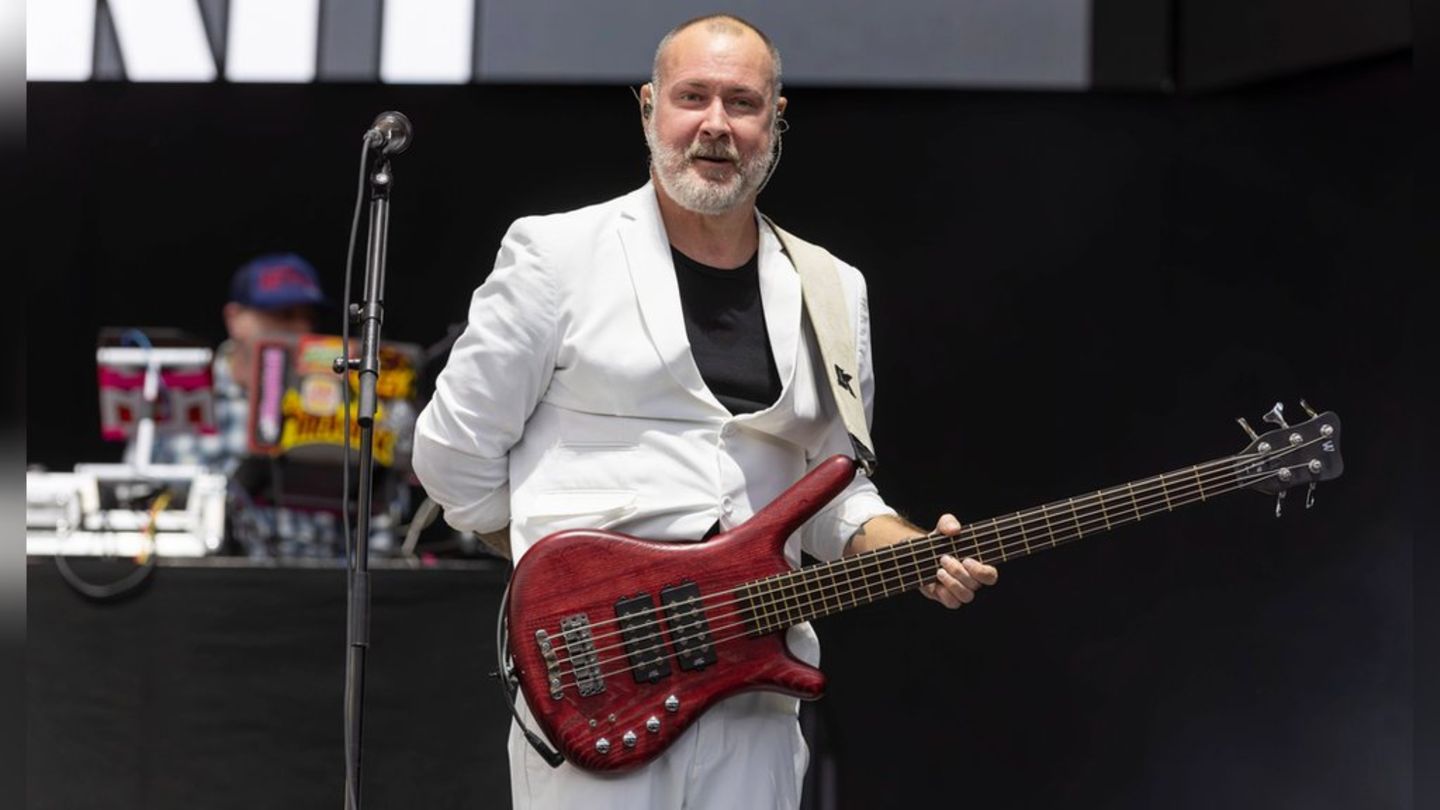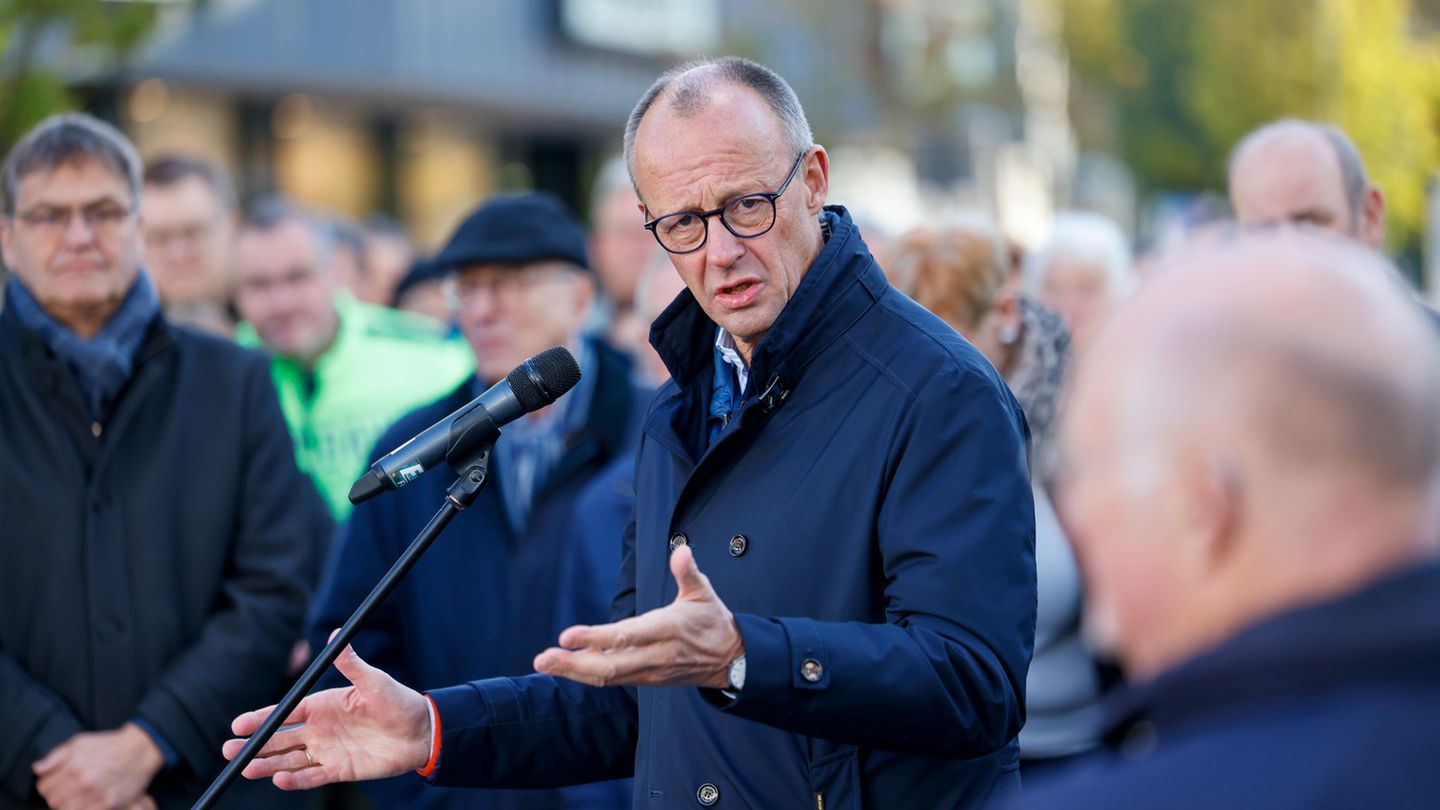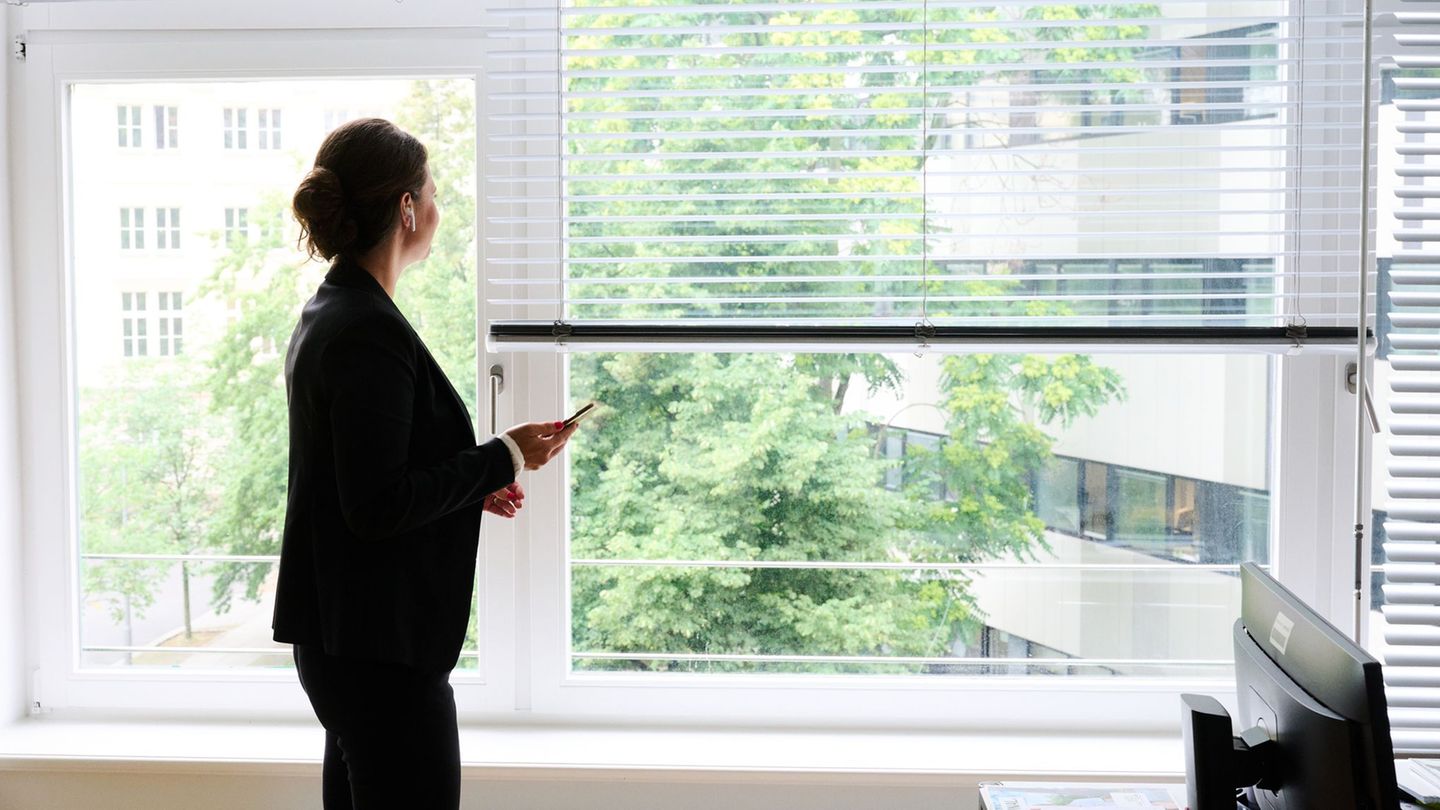Chancellor Scholz has invited to the “Mobility Summit”. The Chancellery is about the future of the automotive industry, more electromobility and the contribution of transport to climate protection.
Before the summit meeting on the auto industry in the Chancellery, Green Party leader Katharina Dröge called for progress in the rehabilitation of roads and rails and in electromobility. “It’s good that the federal government is holding a mobility summit, because climate protection in the transport sector is at a standstill in far too many places,” said Dröge of the German Press Agency.
“In order to achieve the climate goals, the transport sector must finally make its fair contribution.” This requires bold steps and clear priorities. Dröge called for accelerated planning for the bridge renovation and the expansion of the rail infrastructure as well as more speed in the expansion of the charging station infrastructure for e-cars.
Chancellor Olaf Scholz (SPD) has invited to a top-level discussion on the future of the automotive industry on Tuesday afternoon. Representatives from business, employees, science, the federal states and municipalities are to take part in the first discussion of the so-called strategy platform “Transformation of the automotive and mobility industry” in the Chancellery. It should be about an exchange of views.
Expansion of the electric car charging network required
IG Metall boss Jörg Hofmann is also calling for more speed in the expansion of e-charging stations. “Germany must work hard to create the framework conditions for a successful ramp-up of electric mobility,” Hofmann told the “Stuttgarter Zeitung” and the “Stuttgarter Nachrichten” (Tuesday). “The main thing here is to expand the charging infrastructure more quickly, to secure the supply of raw materials and value creation and to locate sufficient battery cell production in Germany and Europe,” said Hofmann.
The municipal economy is calling for the expansion of the electric car charging network, especially in rural areas. “Especially the expansion of the charging infrastructure in sparsely populated areas is a prerequisite for the breakthrough of electromobility and is of central importance for the traffic turnaround,” said the general manager of the Association of Municipal Enterprises (VKU), Ingbert Liebing.
Liebing welcomed reports that car manufacturers themselves are pushing ahead with the expansion of the charging infrastructure. “For a close-meshed charging network, we need the cooperation of everyone involved and, especially in sparsely populated areas, considerable investments.” So far, it has mainly been the municipal utilities and municipal companies that have shown commitment in these areas. A quick and successful turnaround in traffic cannot be based solely on cherry picking, i.e. the construction of profitable fast charging stations along motorways. According to VKU information, more than half of all charging stations in Germany are owned by local authorities.
customer reluctance
According to a consumer survey by the management consultancy Deloitte, the switch to e-cars is being slowed down by rising costs and a lack of infrastructure. Despite the growing choice of models, only 16 percent of those surveyed would choose a pure electric vehicle the next time they buy a car. At the end of 2021, the proportion was 15 percent. Lower operating costs and government purchase premiums are key arguments for buying an e-car. “Now the electricity costs are skyrocketing, while the subsidy is gradually being reduced and will even expire in 2025. This will mean that fewer electric cars will be sold in the future,” said industry expert Harald Proff.
Consumers cited the range as the greatest concern: at 57 percent, it was mentioned most frequently, followed by a lack of public charging infrastructure (47 percent), the charging time and the lack of charging options at home (45 percent each). 75 percent of those surveyed in Germany would most often charge their e-car at home. This desire has increased compared to the previous year (70 percent), although there are no charging options in densely populated cities, Deloitte said.
The transport sector lags far behind when it comes to climate protection in Germany. There are differences in the federal government between the Greens and the FDP about how to deal with this. This is also delaying the planned immediate climate protection program, which is intended to show the next steps towards achieving the German climate goals. There is also a dispute, especially between the FDP and the Greens, about whether the road or the rail should be preferred in the faster expansion of the infrastructure.
According to the Federal Government, the focus of the meeting in the Chancellery is on the goal of climate neutrality and the preservation of value creation and employment in Germany. Climate neutrality means that only as many greenhouse gases are emitted as can be bound again. Germany wants to achieve this goal by 2045.
Source: Stern
Jane Stock is a technology author, who has written for 24 Hours World. She writes about the latest in technology news and trends, and is always on the lookout for new and innovative ways to improve his audience’s experience.




